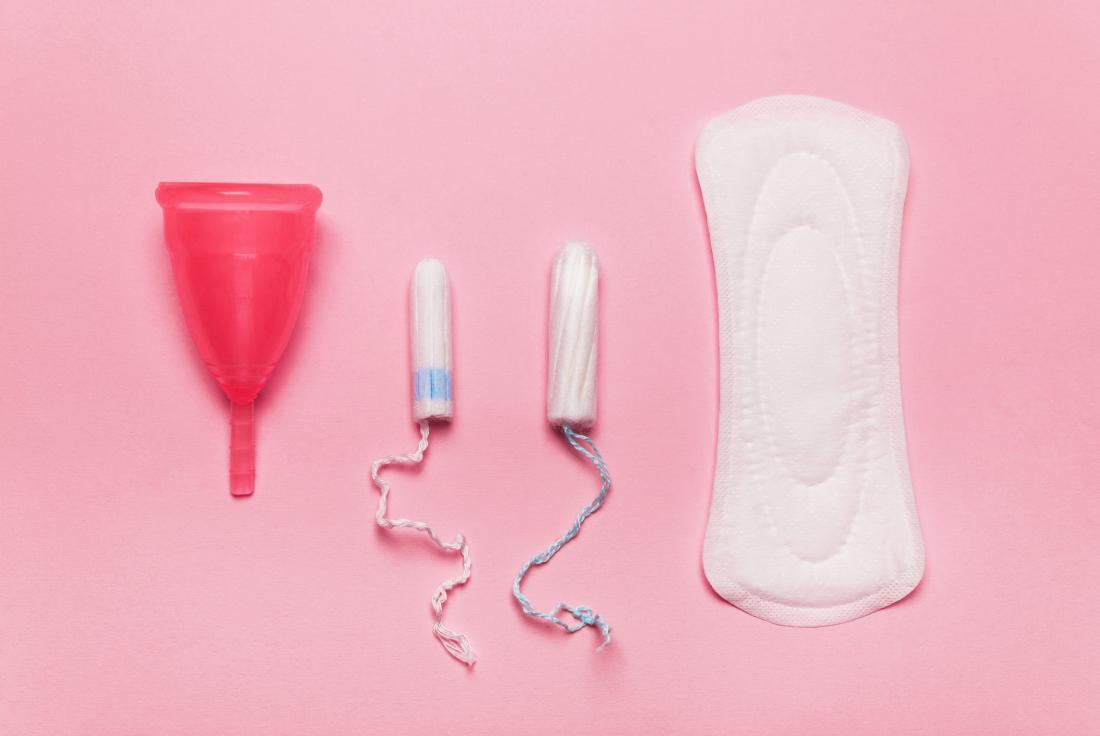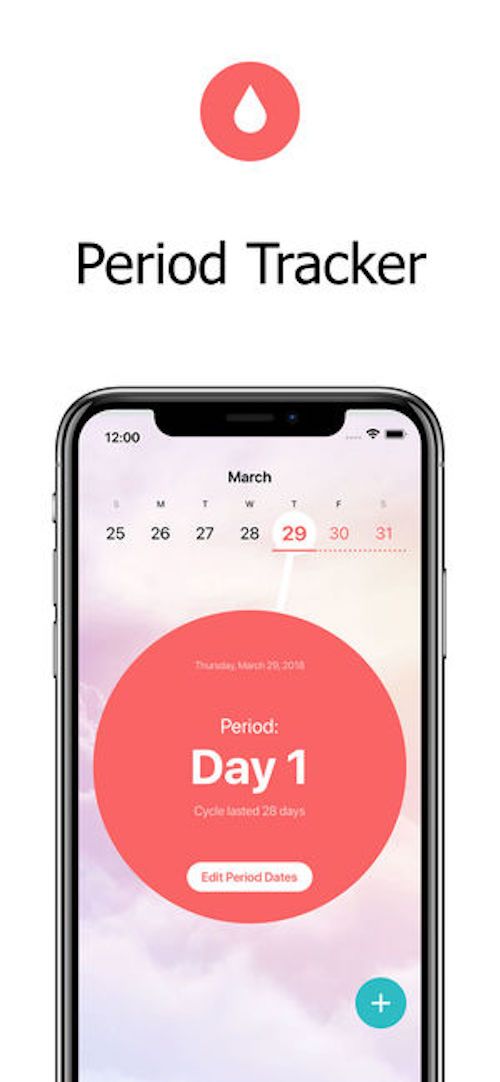Menstruation, or a woman’s period, is a natural and normal part of life for many individuals. However, despite its prevalence, menstruation is often shrouded in myths, misconceptions, and stigma. This blog post aims to shed light on some of the biggest misconceptions surrounding menstruation, debunk myths, and promote understanding and empathy for individuals who experience periods.
Debunking the myths!
Myth 1: Periods Are Dirty or Unhygienic

Fact: Menstruation is a natural bodily function and not inherently dirty or unclean. Proper menstrual hygiene practices, such as using sanitary products and maintaining good personal hygiene, ensure cleanliness and comfort during menstruation.
Menstruation is a biological process that occurs as a result of the shedding of the uterine lining, which happens approximately once a month for most people with menstrual cycles.
Just like other bodily functions such as urination or defecation, menstruation is a natural part of reproductive health!
While menstrual blood is a bodily fluid, it is not inherently dirty. Proper menstrual hygiene practices ensure cleanliness and comfort during menstruation. This includes using menstrual products such as pads, tampons, menstrual cups, or period underwear to absorb or collect menstrual flow. Changing these products regularly, typically every 4-8 hours depending on flow, helps maintain cleanliness and prevent odor.
Myth 2: Women Shouldn’t Engage in Physical Activity During Their Period

Fact: Exercise and physical activity are beneficial for overall health and well-being, including during menstruation. Engaging in exercise can help alleviate menstrual cramps, improve mood, and boost energy levels. There is no reason for women to avoid physical activity during their periods.
While menstrual cramps are a common symptom experienced by many women during their periods, engaging in physical activity can actually help alleviate these cramps. Exercise stimulates the release of endorphins, which are natural painkillers produced by the body. These endorphins can help reduce the intensity of menstrual cramps and provide relief.
Myth 3: Periods Are Always Regular and Predictable
Fact: While some individuals have regular menstrual cycles, others may experience irregular periods due to various factors, including hormonal fluctuations, stress, diet, exercise, and underlying health conditions. Irregular periods are common and not necessarily a cause for concern.
Tracking menstrual cycles can often be challenging… However there are apps designed to help with managing menstrual cycles. There are apps that can dowloaded on your phone such as Flo, Clue, Period Tracker, and Ovia which allow users to input data about their cycles, symptoms, and moods to better understand their bodies and plan accordingly. These apps not only aid in tracking periods but also empower individuals to take charge of their reproductive health with ease and precision.
Menstruation is a natural and normal bodily function that affects millions of individuals worldwide. By debunking myths and misconceptions surrounding periods, we can promote menstrual health education, combat stigma, and foster empathy and understanding for individuals who menstruate. Let’s break the silence, challenge stereotypes, and create a more inclusive and supportive environment for menstruators everywhere.
